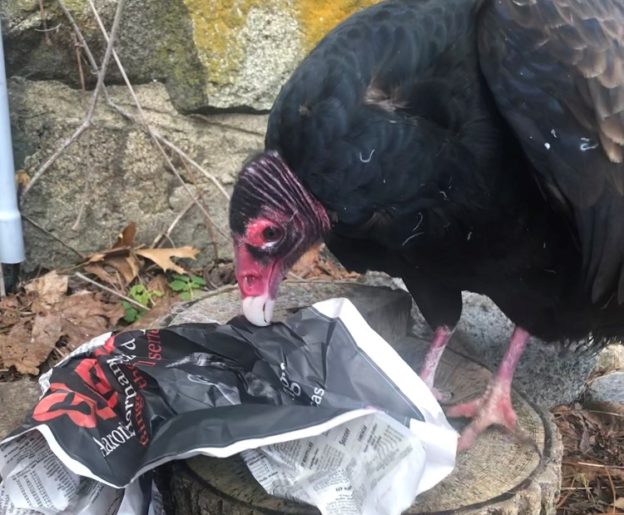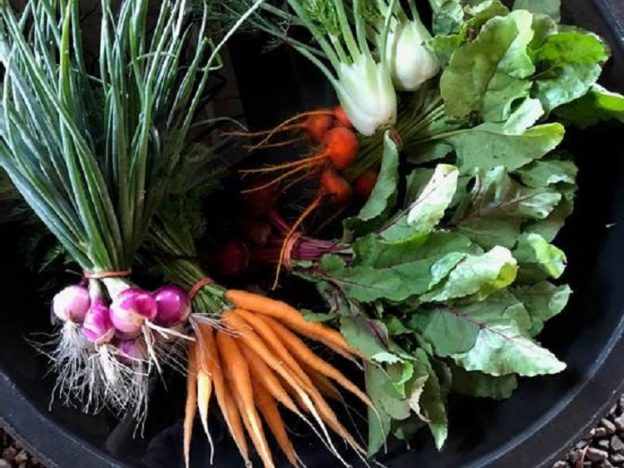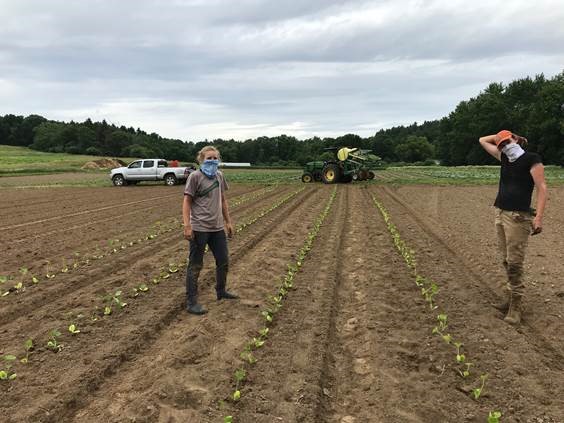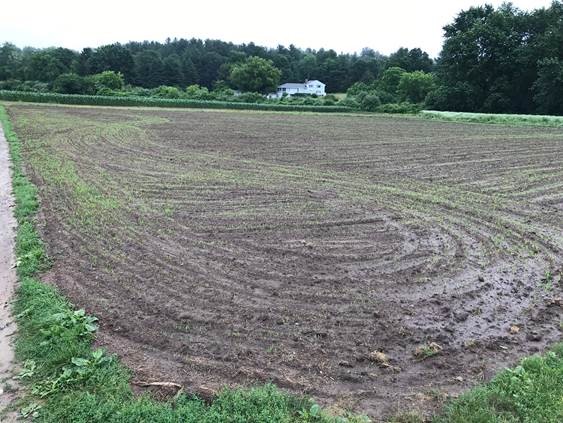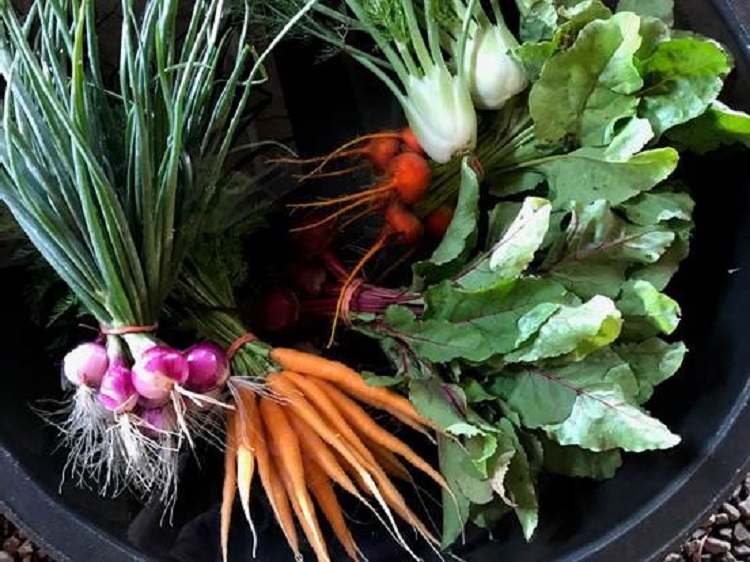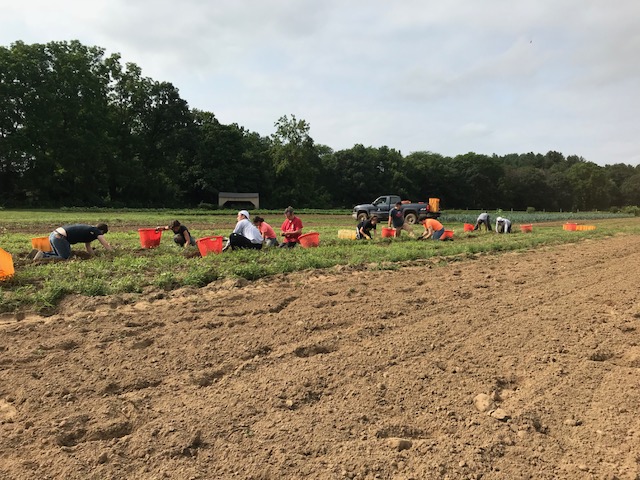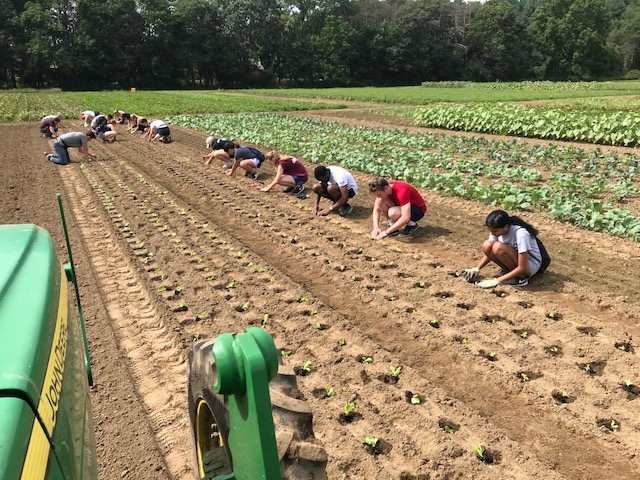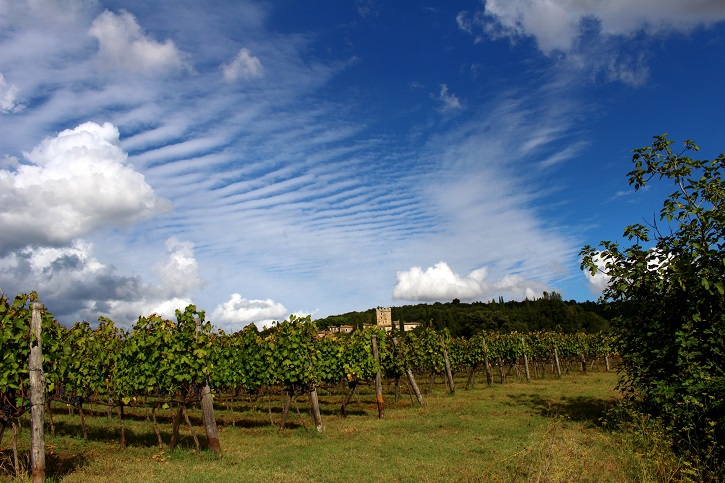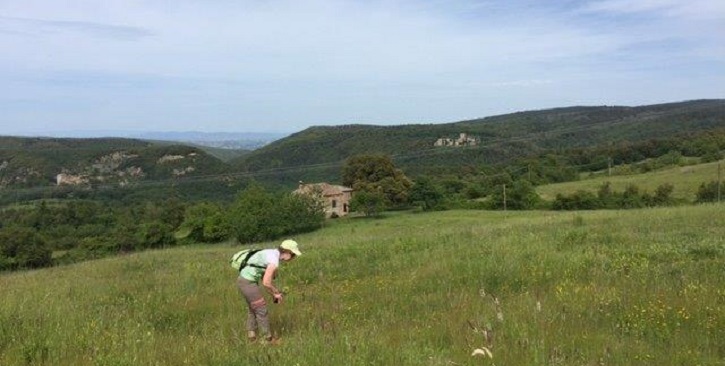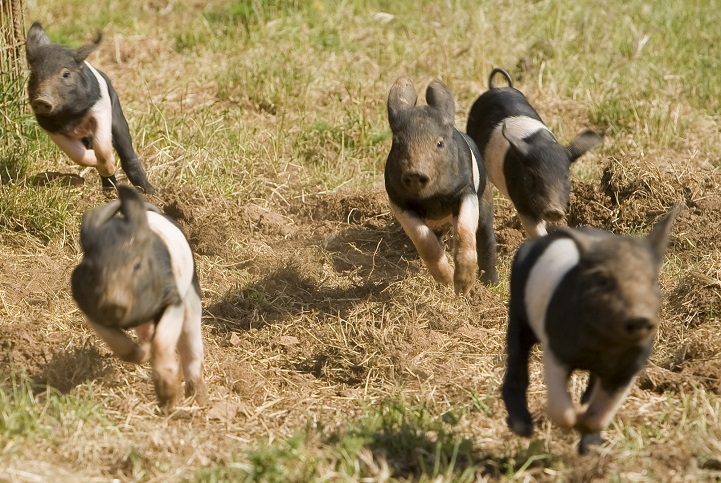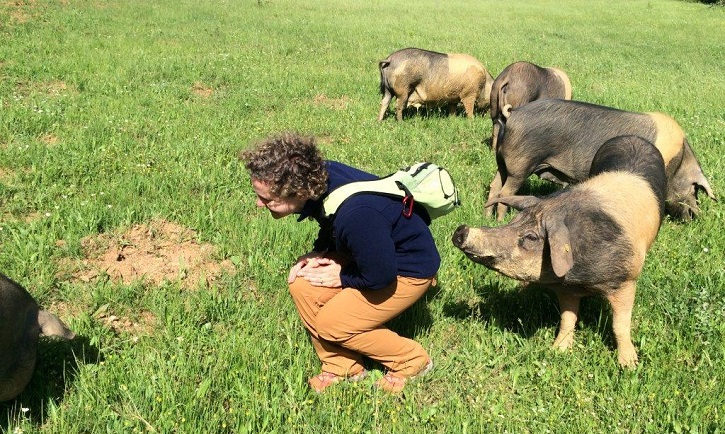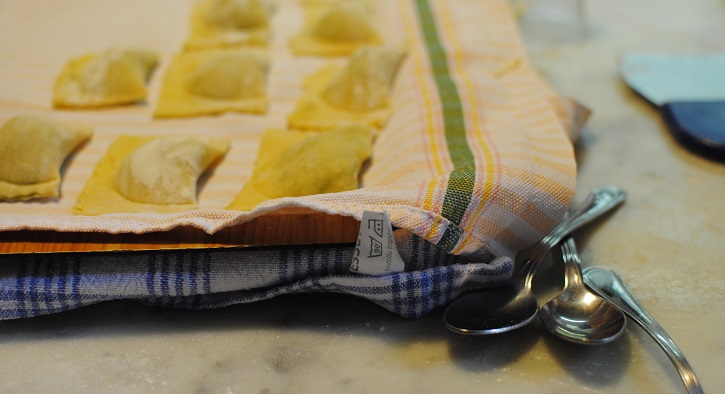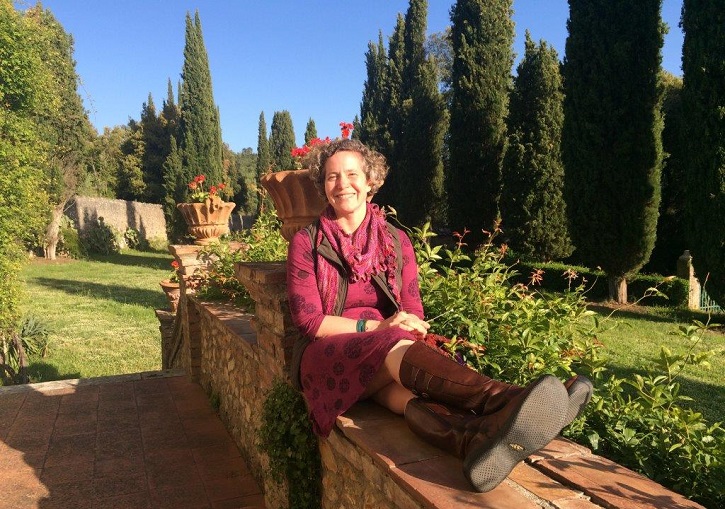Our Wildlife Care Department has a constant need for newspapers: we use them to line carriers when our animals travel to programs or the vet, as a substrate for indoor enclosures, and for enrichment activities for our animals, such as shredded newspaper piles or food wrapped in newspaper balls. We get most of our newspapers from local libraries, as well as donations from volunteers.
With regular donations becoming less frequent amid the pandemic, our newspaper supply was in need of serious replenishment. Recently, our LEAF (Leaders in Environmental Access for All) interns stepped up in a big way helping us gather and organize newspapers when we were in need of more. While the pandemic forced them to temporarily carry out their internships remotely, this was a great way for the students to stay connected to the farm and to contribute to their educational goals around conservation and sustainability.

Newspaper’s Second Life
We clean animal enclosures daily, so end up going through about one extra-large trash bag of newspaper waste per day. And because the newspaper is dirty, we can’t send it through regular recycling anymore. So what’s a wildlife sanctuary to do?
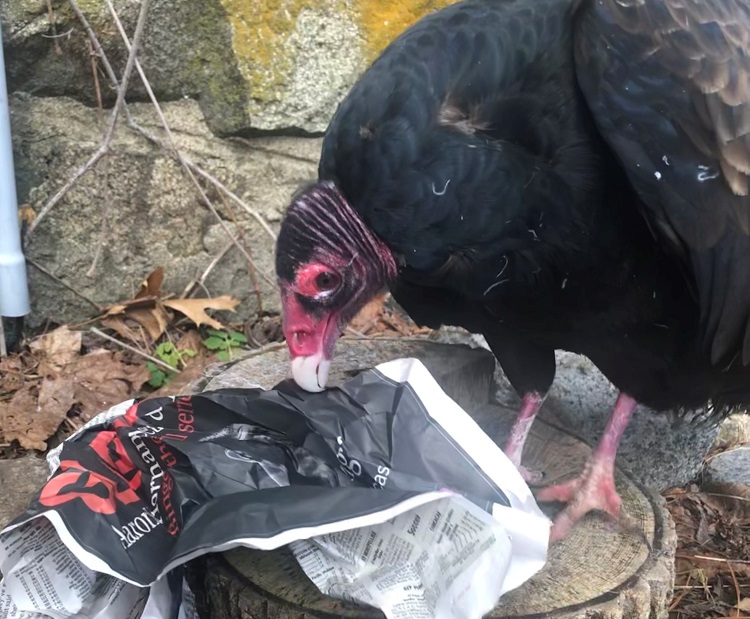
Instead of throwing out the waste, Wildlife Care’s bag of used newspaper gets delivered to our Livestock Department in the Red Barn. There, they use the old water from our chicken coop (rather than simply dumping that water out) to soak the newspaper before adding it to other compostables collected on the farm, and delivering it to our large compost pile out in the fields. Wetting the newspaper ensures that smaller newspaper scraps won’t be carried away by the wind during transportation. Once in the compost piles, the newspaper then breaks down, and our Crops Department uses it with the rest of the compost to fertilize the fields. This enriches our soils and helps yield rich, flavorful sustainably produced crops.
So What is Compost?
Compost is the result of organic matter, such as leaves, food scraps, grass clippings, and even newspapers, breaking down into nutrient-rich soil. All organic matter decomposes over time, and we can help it along through the process of composting. The final product helps make soil healthier and serves as an ideal component in vegetable and flower gardens.
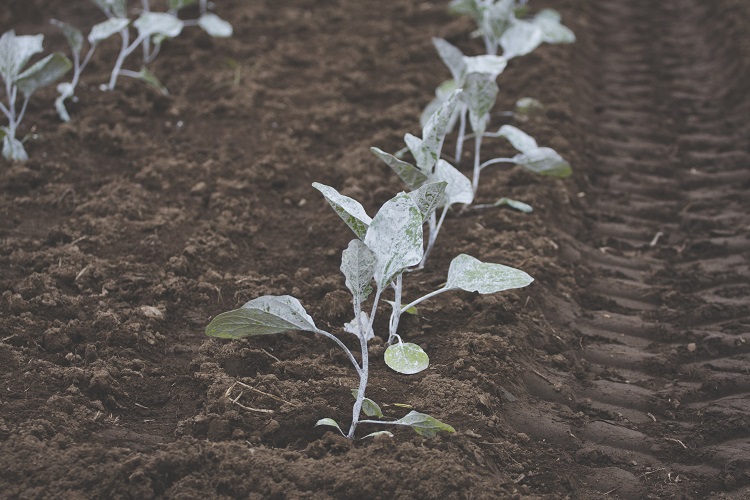
At Drumlin Farm, our soil’s health is a top priority when growing food sustainably. Healthy soils provide plants with the nutrients they need, allow us to use less water irrigating, and contribute to the overall health of our ecosystem.
Even better, you can incorporate healthy soil practices like composting at home as well! Learn more about composting and how to start your own compost pile by checking out these resources.


